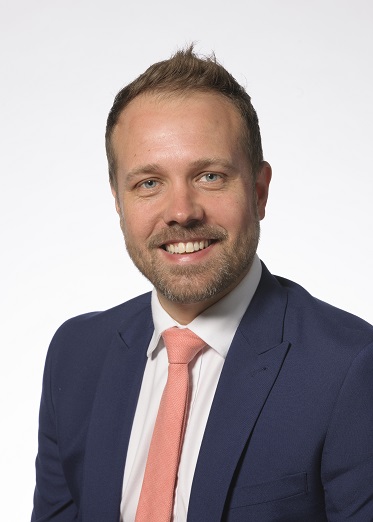 Scott Andrews
Principal Project Leader, Polymer and Composite Services
Scott Andrews
Principal Project Leader, Polymer and Composite Services
Scott is currently working as a principal project leader in the novel polymer technologies section at TWI. Scott has been involved in plastics welding research for over 20 years. His primary role is to lead and deliver research projects relating to plastics welding, typically providing plastics welding consultancy for medical and automotive products (in particular joint design for welding), proof of welding feasibility, plastics welding troubleshooting, welding machine specification and validation for entering production.
In addition, Scott manages the day-to-day running of TWI’s Plastics Welder Training and Examinations business, and is currently a CSWIP approved Plastics Welding Examiner.
Scott’s areas of expertise covers all plastics welding processes - in particular ultrasonic welding, plastics welding equipment, analysis of plastic welds, plastic materials - including high-temperature thermoplastics as well as wood welding and wood polymer composite welding. Scott has successfully led many small to large polymer welding projects for a variety of applications, across a number of industry sectors (medical, automotive, power, aerospace, oil and gas, construction).